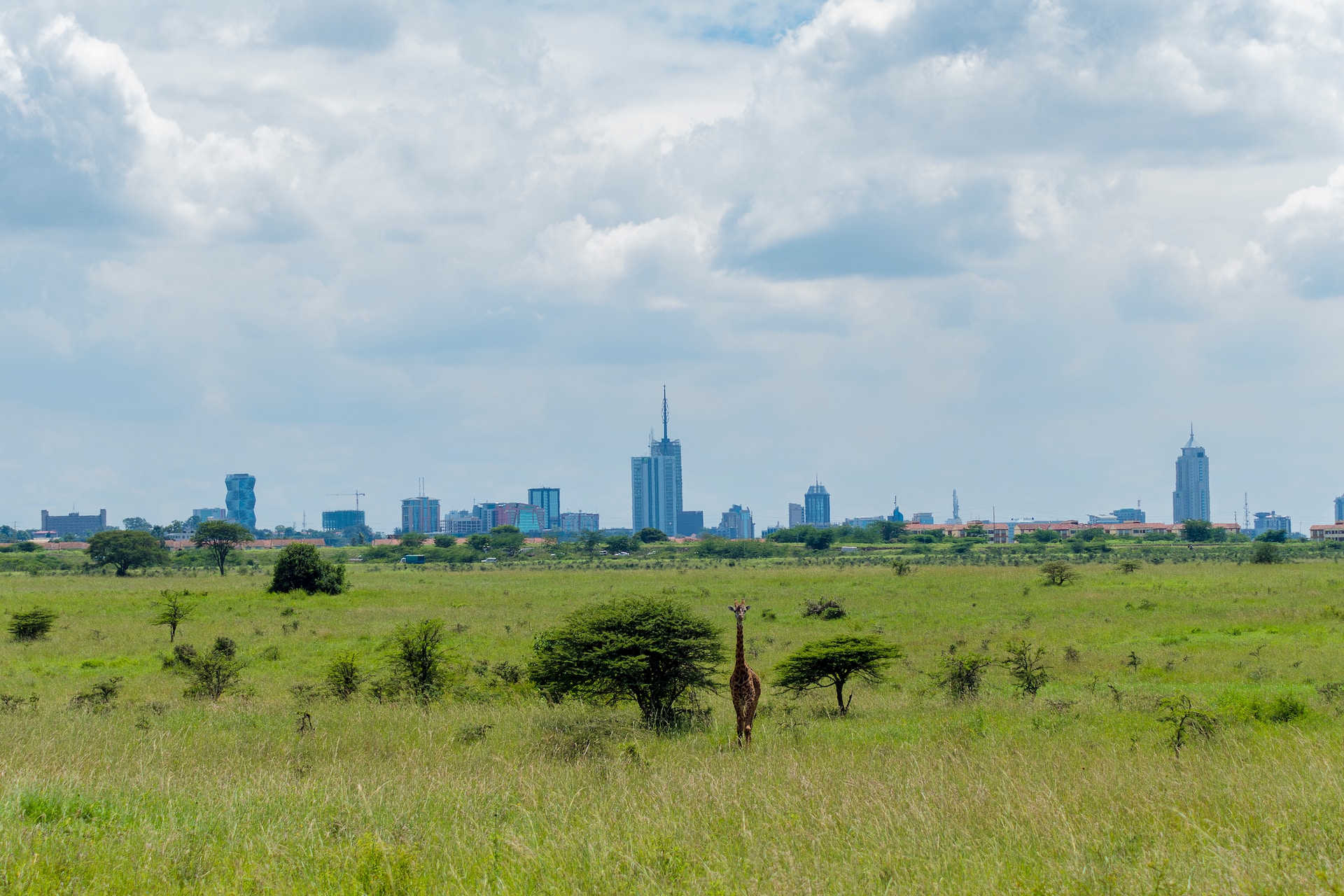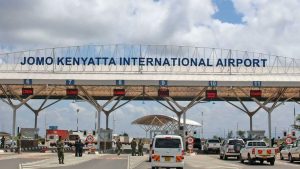Nairobi is almost perfect, wonderful weather all around the year, and greenery. Whether you’re moving to Nairobi for work, study, or a fresh start, this vibrant metropolis offers a unique blend of cultures, traditions, and experiences that you will appreciate.
While the thrill of moving to a new city can be exciting some issues can be concerning,( especially if you have never been to the place before). In this post we will go through the different aspect that make up the Nairobi living experience and how different or unique they are from other parts of the world, so that you are prepared beforehand.
Safety & Security
Everywhere is safe until its not. Nairobi and Kenya is generally safe, crime is not really a problem like it used to be back in the days. Neighborhoods you visit also determine the safety level you can be assured, like any city, Nairobi has sketchy hoods and affluent ones where you don’t have to worry about your safety
Your safety can be guaranteed by just following some simple guidelines to avoid making you a target including:
- Don’t use your phone on the side of the road, in public transport windows or while walking around certain areas.
- Don’t walk in the dark by yourself
- Don’t show off your valuables, carry only the essentials that you need
- Avoid the CBD if you can, especially downtown areas
- Don’t engage with any stranger trying to start up a conversation or small talk
- Don’t ask for directions when you get lost, only consult from the security guards and police
- Be aware of where you are going and the kind of neighborhood it is
Culture
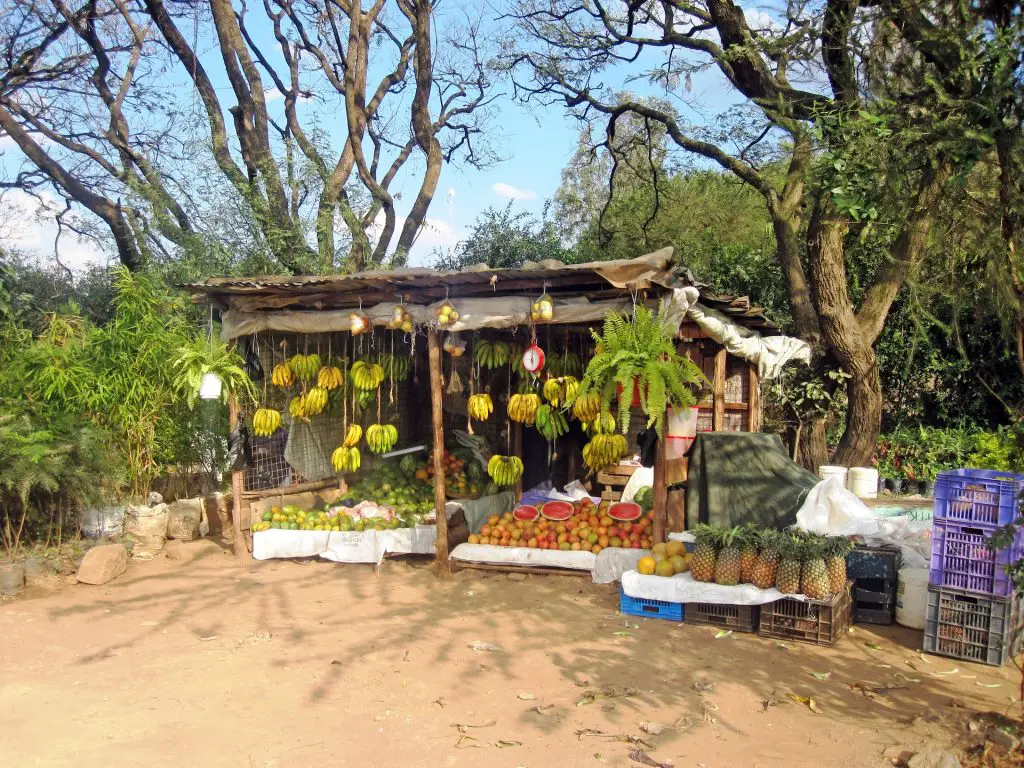
Nairobi culture is a mix of modern, and traditional. It is more on the modern end influenced by globalization and urbanization while the traditional is prevalent in the rural upcountry parts.
Kenya has diverse culture with over 42 tribes each with their own language, customs and traditions. But generally everyone speaks Swahili and most people speak English, which are both national languages. Swahili especially is the unifying universal language across all tribes.
Religion is also diverse, while Christians are the majority, there is a significant population of Muslims and a small portion of Hindus and Indigenous African religions. Churches are in every neighborhood and mosques are available especially in Islam heavy parts of the city like Eastleigh and Pangani
There is a strong sense of community where people come together to help each other in times of need, family bonding is also strong and relatives live in close proximity
Kenyan food scene is also diverse as it encompasses both indigenous and global cuisines. Most dishes are from the coastal and Swahili communities.There is also a strong influence of the Indian and Arabian cuisines but with an East African twist. Street food is also very popular, especially in Nairobi
Kenyans without doubt excel in the art of politeness and respect, probably one of the friendliest people to visitors. Hospitality to guest is second to none, they will go out of their way just to make the guest feel comfortable, you will always feel welcome.
Cost of Living & Lifestyle
If you are relocating from a developed country then everything here will be unbelievably cheap by your standards, rent will be affordable so will be anything you need. Food especially the green produce is fresher, organic and better tasting.
You will however have to be good in bargaining to avoid being charged as a foreigner ” who has money”
Neighborhoods & Housing
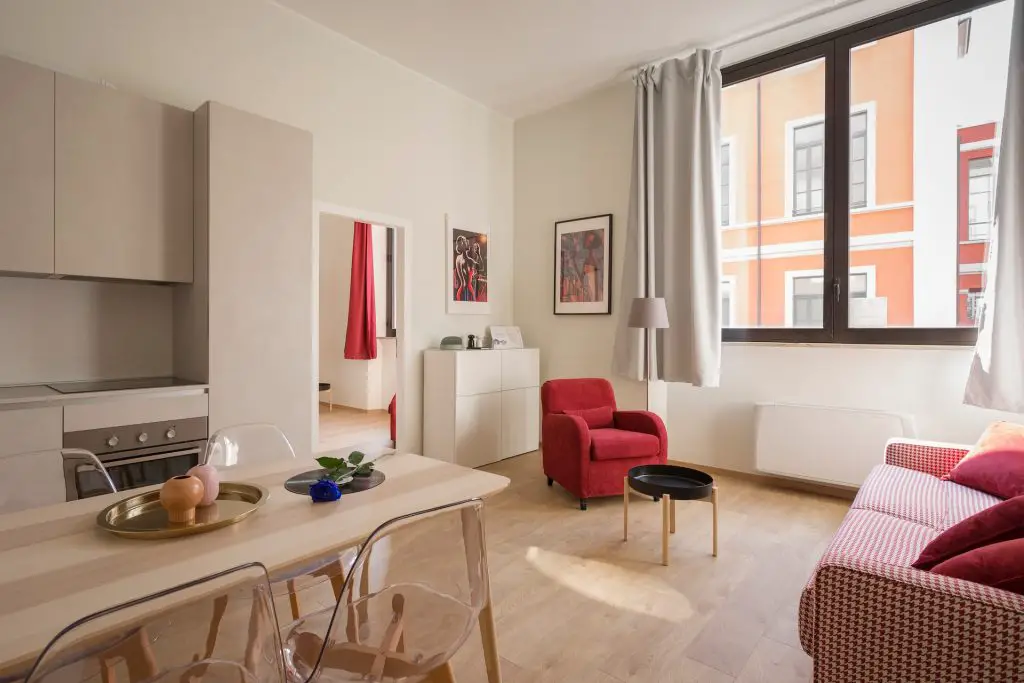
The neighborhood you settle for will be determined by the type of housing you want, for apartments estates like; Kilimani, Upper Hill, Lavington, Parklands and Kileleshwa will be your best bets. If you want an actual house then. Karen, Lavington, Kitsuru, Runda, and Muthaiga
If you want to be close to the city center then Westlands, Muthaiga and Kileleshwa is the best options
You can also choose to go furnished or unfurnished for apartments. While furnished apartments are convenient for short term stay, getting an unfurnished is the better choice if you are staying for over a year, furnished ones are notoriously expensive and not worth it. It will be cheaper to rent unfurnished and buy everything by yourself, which you can in turn sell when moving out
Shared apartments are an option if you want to save money
Transportation & Infrastructure
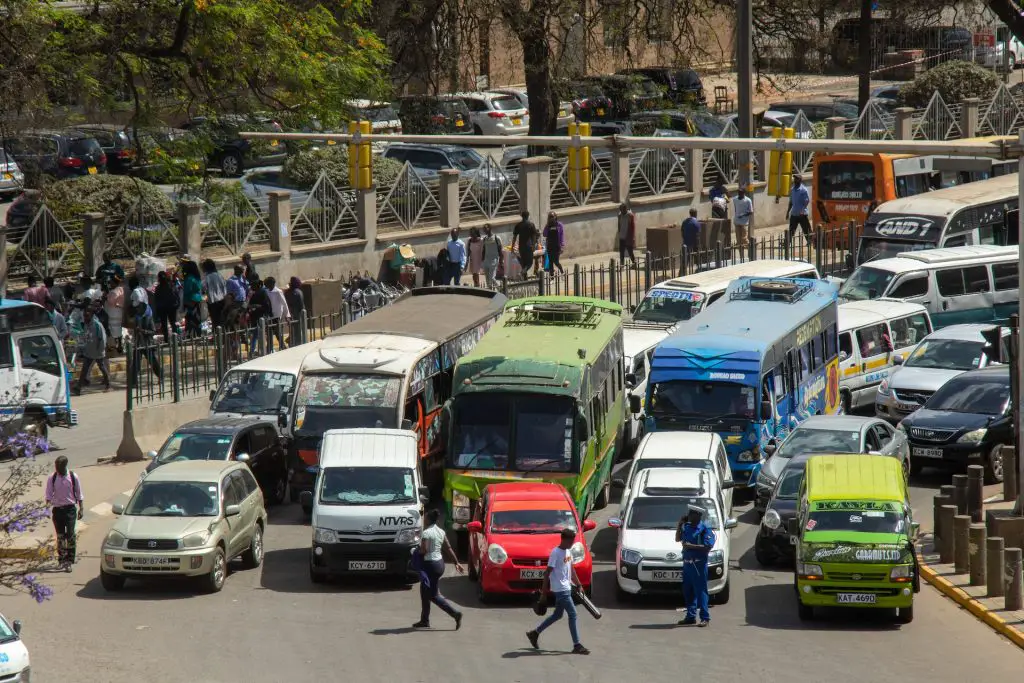
The Nairobi infrastructure is far better than most African countries,
There is 4G connectivity everywhere, and fiber internet is installed in most apartments
Power outages are notorious in most parts of the country, but infrequent in Nairobi and especially in middle class residency neighborhoods.
Water is available for the most part, and available 24 hours in established upscale residential areas, that also have power backups
The most common payment mode is M-PESA which is a mobile money transfer service, that also pays bills and utilities.
Traffic can be an issue sometimes, but just in rush hours.
Healthcare
It is essential to have health insurance as the healthcare costs can be high, not high like in United States, but high for the place. Healthcare is fairly good and established with some hospitals equipped with modern technologies and equipment to handle most conditions.
For emergency services there are private hospital ambulances and some by the government and counties, the response time is however not the best and could use some improvement
Generally, healthcare is just fairly average for public hospitals and there is overcrowding and limited resources. It is the complete opposite in private hospitals which are fully equipped, offering excellent services but they can get really expensive, that some opt to seek medical assistance outside the country.

